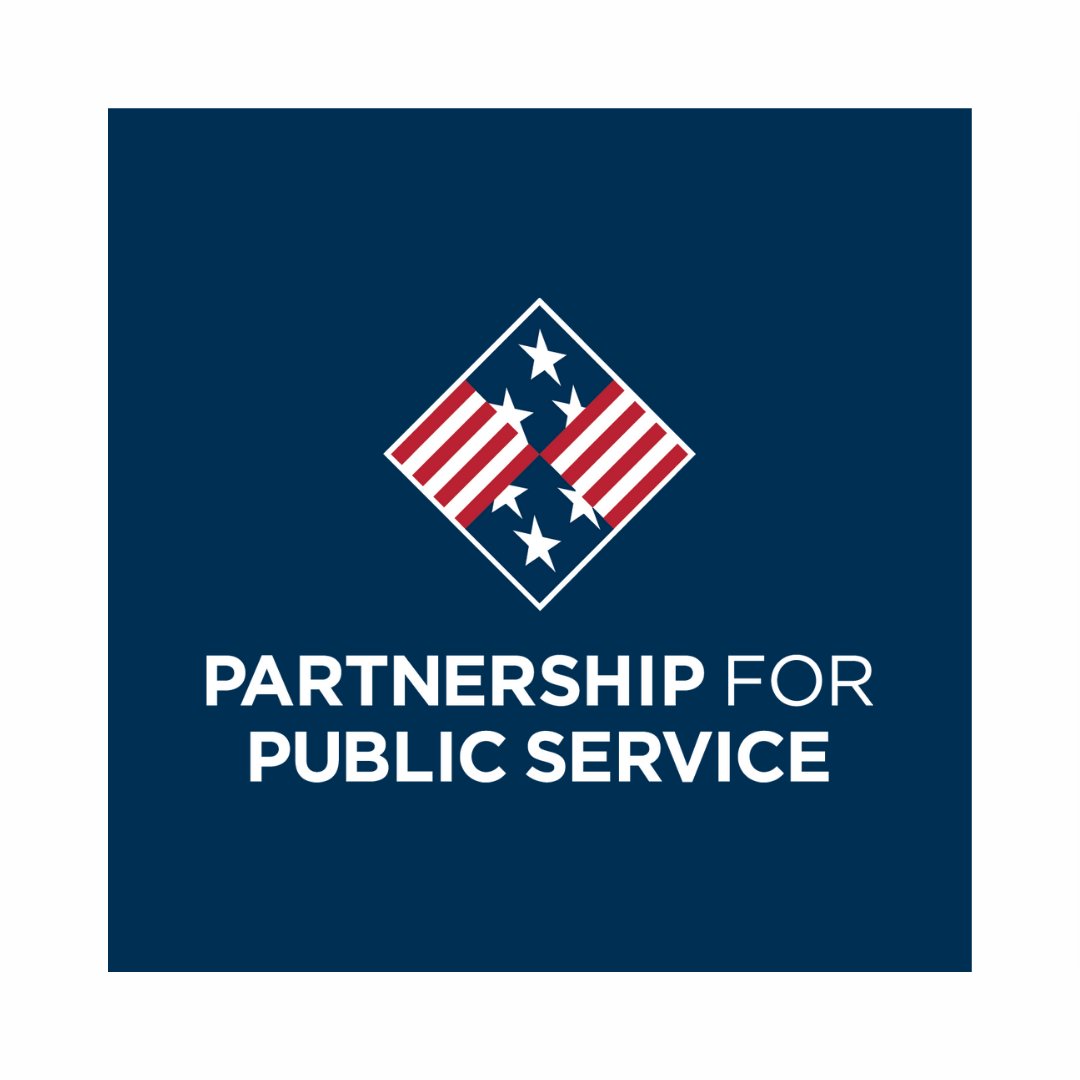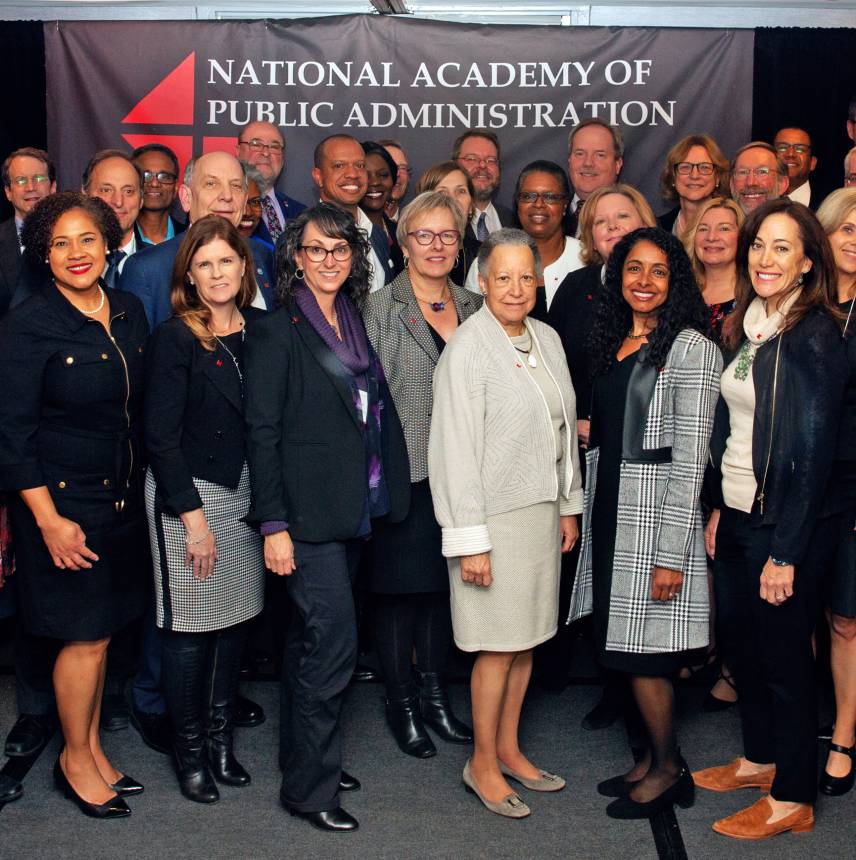
The National Academy of Public Administration held its annual Fall Meeting in early November, unveiling its final list of “Grand Challenges in Public Administration” following a year-long effort to identify these challenges and position the Academy as a leader of future collaborative efforts to address them.
“Over the next decade, we will face tremendous technological, economic, environmental and social shifts in our world, which will have a seismic impact on the future path of our nation,” said Terry Gerton, President and CEO of the Academy. “Therefore, it is critical that governments at all levels take steps to transform and modernize, to ensure they can tackle these challenges in new, innovative and effective ways.”
After a year of gathering and analyzing input on the major issues facing the United States, the Academy unveiled its final list of 12 Grand Challenges in Public Administration, which fall within four major focus areas: Protecting and Advancing Democracy; Strengthening Social and Economic Development; Ensuring Environmental Sustainability; and Managing Technological Changes. The Challenges include:
- Protect electoral integrity and enhance voter participation
- Modernize and reinvigorate the public service
- Develop new approaches to public governance and engagement
- Advance national interests in a changing global context
- Foster social equity
- Connect individuals to meaningful work
- Build resilient communities
- Advance the nation’s long-term fiscal health
- Steward natural resources and address climate change
- Create modern water systems for safe and sustainable use
- Ensure data security and privacy rights of individuals
- Make government AI ready
The Robertson Foundation for Government’s mission aligns particularly strongly with the bolded challenges above. RFG sponsored a panel at the meeting on “Improving the Development of Public Administrators for Global Work in the 21st Century” focused on how we can develop public administrators to be ready for global work and where there is still work to be done.
“Addressed individually, these Grand Challenges will take years or even decades to solve,” said Gerton. “So it is imperative that we move forward on these challenges simultaneously, to shape effective governance in the 21st century. With this campaign, the Academy wants to inspire action, enhance understanding of each Grand Challenge, connect stakeholders, and drive change. We plan to work with interested people and organizations at all levels of government, in academia, and in the private and nonprofit sectors so that, collectively, the nation can make meaningful progress.”
Lecture speakers during the Fall Meeting included Darin Atteberry, City Manager of Fort Collins, Colorado; Dr. Courtney N. Phillips, Executive Commissioner of Texas Health and Human Services; and Sarah Rosen Wartell, President of Urban Institute, who held a plenary discussion on social equity as the Elmer B. Staats Lecture on November 7. The Staats Lecture discussion was moderated by Valerie Lemmie, Director of Exploratory Research for the Kettering Foundation. Anne Rung, Director of the Government Sector for Amazon Business, delivered the James E. Webb Lecture on November 8.
In addition, the Academy inducted the Academy’s 2019 Class of Fellows and presented its three major annual awards.
The Academy awarded the 2019 George Graham Award for Exceptional Service to the Academy to Academy Fellow Blue Wooldridge, Professor Emeritus at The L. Douglas Wilder School of Government and Public Affairs at Virginia Commonwealth University.
The Academy awarded the 2019 Louis Brownlow Book Award to Administrative Burden: Policymaking by Other Means, co-authored by Academy Fellow Donald P. Moynihan, McCourt Chair at the McCourt School of Public Policy at Georgetown University and Pamela Herd, Professor at the McCourt School of Public Policy at Georgetown University.
The Academy awarded the 2019 Herbert Roback Scholarship Award to Joaquin Taussig, a public policy graduate student and research assistant at Georgetown University.
A detailed meeting agenda can be found here.
NAPA President and CEO Terry Gerton gave several interviews on the grand challenges, two of which can be found at:
Federal News Network (Federal Drive with Tom Temin)
Sirius XM (The Morning Briefing)



